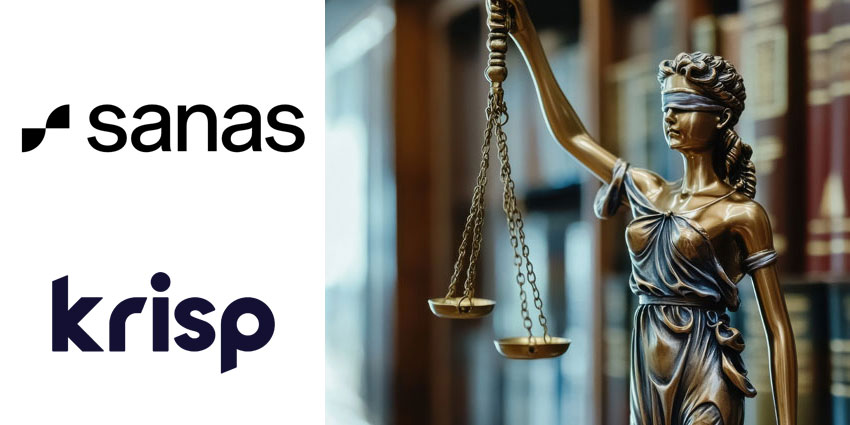For many years, CCaaS vendors have promised to provide contact center agents with “a single pane of glass” view of each customer. Indeed, the term has become a standard part of their vernacular.
Unfortunately, achieving the goal is often elusive, which is perhaps why so many vendors keep promising it.
However, Google has now put forward another approach with its new ChromeOS Desk Connector.
Every time a query routes through to an agent, the innovation opens up several tabs simultaneously, launching every application the agent may need to solve it. This may include the desktop, CRM, and various other databases. Then, when the interaction ends, they all go away.
After, when the next contact passes through an agent, a new set of tabs pops up on the screen.
From the announcement, Dave Michels, Lead Analyst at Talking Pointz, offered two significant takeaways in an interview with Evan Kirstel. He said:
It’s a nice admission that a single pane of glass is not for everybody. Second, it’s the first extension to Chrome that Google has made specifically for the contact center.
To check out the ChromeOS Desk Connector in action, watch the video below.
Available for NICE, Dialpad, and RingCentral Users
The ChromeOS Desk Connector integrates with several CCaaS solutions, including NICE, Dialpad, and – as evident in the video – RingCentral.
As a result, the offering will enjoy a broad reach beyond users of the Google Contact Center AI Platform – its recently launched CCaaS solution.
Not only will this increase the presence of Google in the CCaaS space, but it will allow these stalwart CCaaS vendors to offer another approach to desktop navigation.
Indeed, reps navigating numerous applications is a longstanding issue in contact centers. Back in 2018, Gartner found that, agents use – on average – 8.2 different systems and tools during a customer interaction, adding complexity to the agent experience.
Perhaps the situation has since improved with increasing cloud migrations, making it easier to integrate various applications. However, creating a “single pane of glass” view remains a challenge.
Google seemingly recognizes this as an inconvenient truth, puts its cards on the table, and provides an alternative. Yes, it does not offer all the benefits of a “single pane of glass,” but it serves up a much simpler approach to agent journey orchestration.
In doing so, Google harnesses the browser experience in a way that its CCaaS competitors – with the exception of Microsoft – simply can’t.
Moreover, by containing all the apps for an interaction within a single space on Chrome, Google lowers the chances of agents accidentally passing on private customer or business information in future customer conversations.
Chrome Provides an Exciting Platform for Contact Center Innovation
Chrome is the world’s most popular internet browser. As such, it offers excellent potential across the enterprise, including the contact center.
Google have long recognized this, creating a Chrome Enterprise Recommended (CER) CCaaS program to distinguish providers that work well with the browser.
However, native Chrome innovation had seemingly slipped through the cracks, causing some to question Google’s intentions in the space.
After this announcement, Michels retorted such suggestions, stating:
If you’re wondering whether Google is serious about their contact center interests, they are.
In addition, through Chrome, Google can offer a familiar UI, knowledge sharing through Chromebooks, and further ChromeOS-driven capabilities.
However, Google – alongside its fellow CCaaS entrants Microsoft, Salesforce, and Zoom – will likely struggle to make a dent in the enterprise contact center market – for the time being.
After all, the contact center is mission-critical to these organizations. As such, they will likely prefer tried-and-tested solutions – with many of the bells and whistles.
Yet, by offering a ChromeOS Desk Connector, Google can establish a smaller presence in many contact centers, which it can expand over time.
Already, Google has had success with this land and expand strategy, evolving its Google Contact Center AI suite into a full-grown platform.
Moreover, its close partnership with UJET may enable it to build on its CCaaS offering and compete with market leaders. According to the 2022 Gartner Magic Quadrant, these are currently Genesys, NICE, and Talkdesk.
Indeed, Google offers a promising platform, Chrome as a differentiator, and all the resources to compete. So, watch this space!







